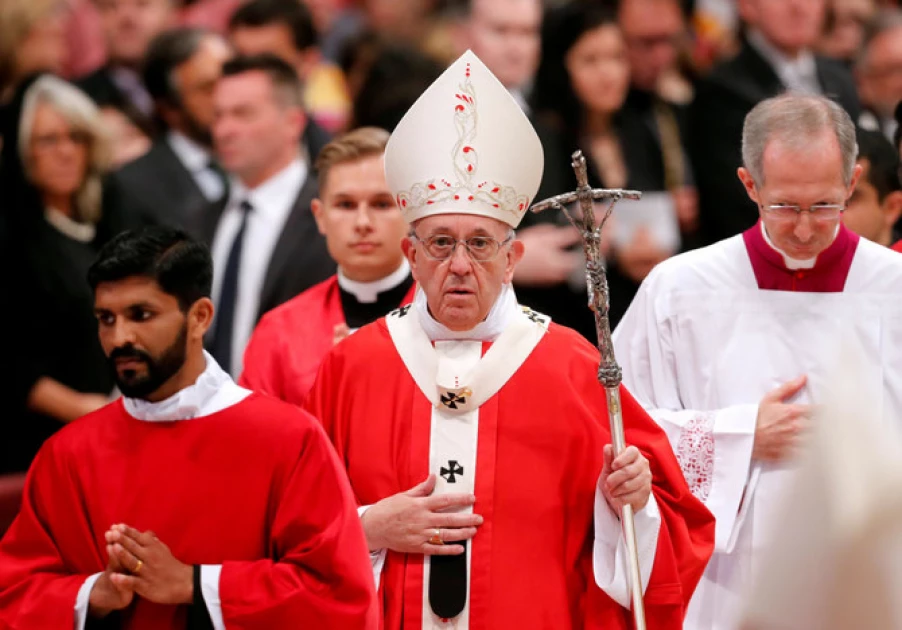Local manufacturers of furniture have had a boom in their business thanks to the move by the government to impose tax hike on imported furniture.
The government, last year, introduced an excise duty of 30 percent on imported furniture in a bid to promote local manufacturers.
The Kenya Association of Manufacturers (KAM) says that after the move has helped local manufacturers to sell more, invest more and in turn employ more Kenyans.
“I want to thank the PS for taking time to visit PG Bison. PG Bison is one of our leading members in this value chain. We are grateful because partnering with government,” KAM CEO Anthony Mwangi said when Investment Promotion PS Abubakar Hassan Abubakar visited the facility.
“This is the kind of synergy that will help Kenya go to the next level. When we met the President, we agreed that we can upgrade manufacturing contribution to GDP from 7.8% to 20 %, this is on track,” Mwangi added.
Mwangi lauded the policy interventions that the Kenya Kwanza Government had put in place in the manufacturing sector, highlighting that furniture industry’s general output had gone up by 25%.
“For the naysayers that say it is not possible it is actually possible. We do that step by step… Look at the integrations with the SMEs and all the fundis. This is the best description of contract manufacturing. We now have to work on all the issues that make us uncompetitive, we work together and you will see the tax collection going up,” Mwangi added.
The manufacturing industry players pledged to create more than a million jobs during a meeting with President Ruto sometimes back, with KAM emphasizing that an output growth of 25%, and all the SMEs that are being supported, point to the sector achieving fete.
Hitesh Mediratta, the Managing Director at PG Bison (Kenya) Ltd, said that Kenya is a prime space for furniture industry in the East African region.
Mediratta posited that the government’s interventions in the manufacturing industry were timely.
“We’ve always advocated that Kenya is the primely place for manufacturing, and that furniture is a product that we could produce and export within the East African zone. As a manufacturer, we know that those sort of protections will benefit us.”
He added: “Post-July, the number of enquiries that decided to come in were the locally available solutions, which indeed were available. Some new customers were not aware that those solutions were locally available. Our plant capacity has grown from 45 to 55. At 45 we were very concerned about the future.
PS Abubakar expressed optimism with the current state of the industry. “I am happy that indeed it was a good decision by the government to impose duty on imported furniture.”












